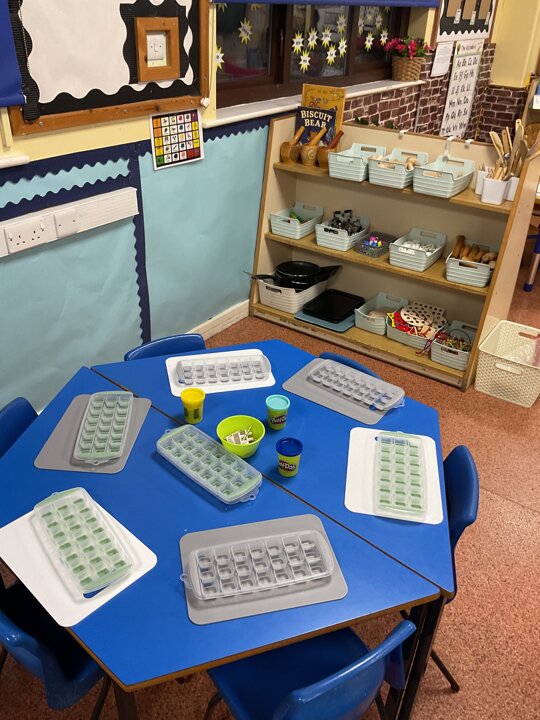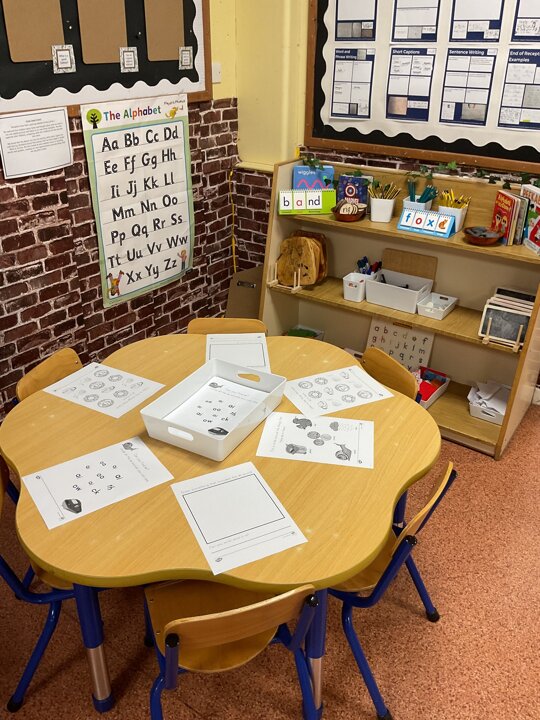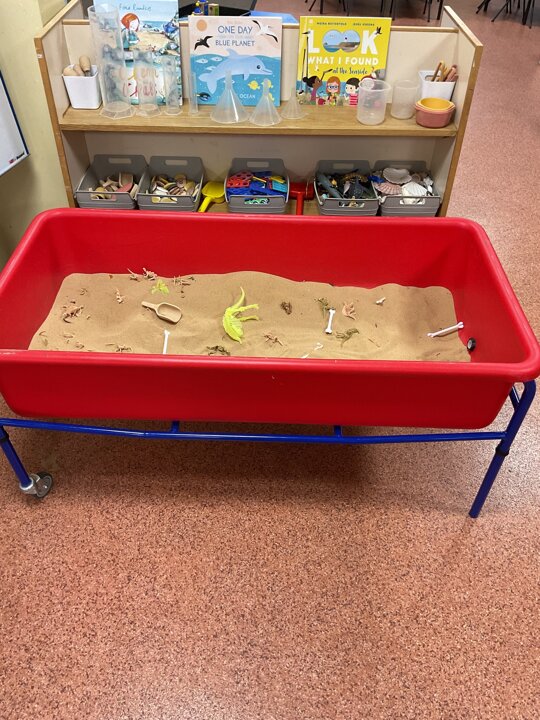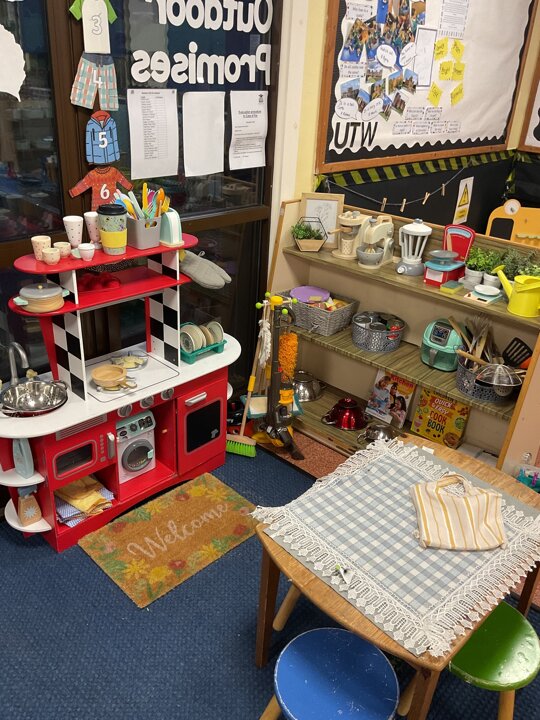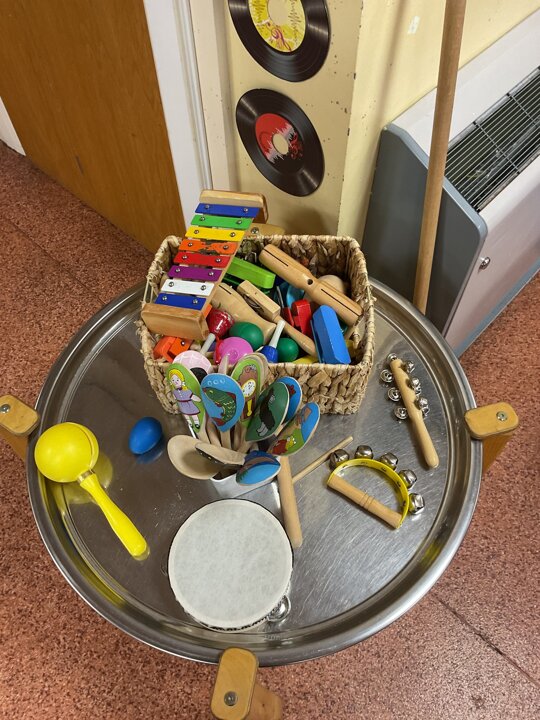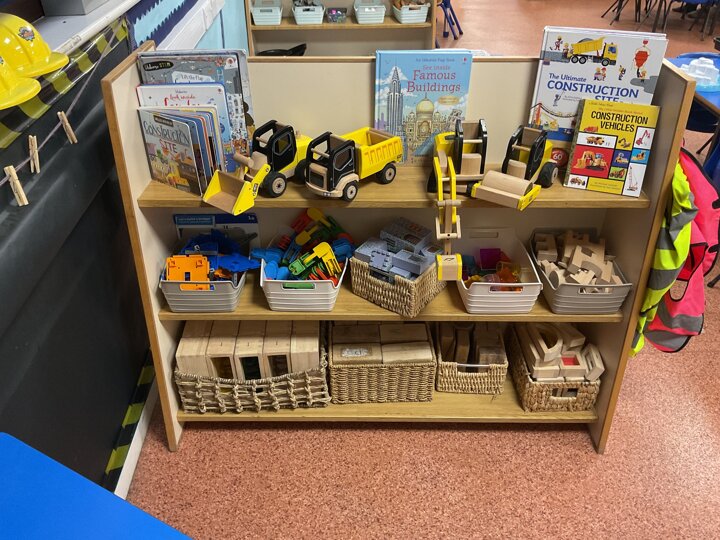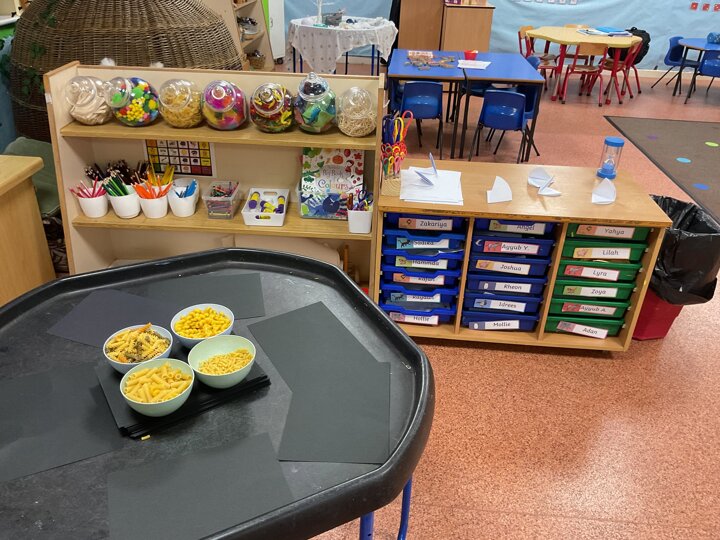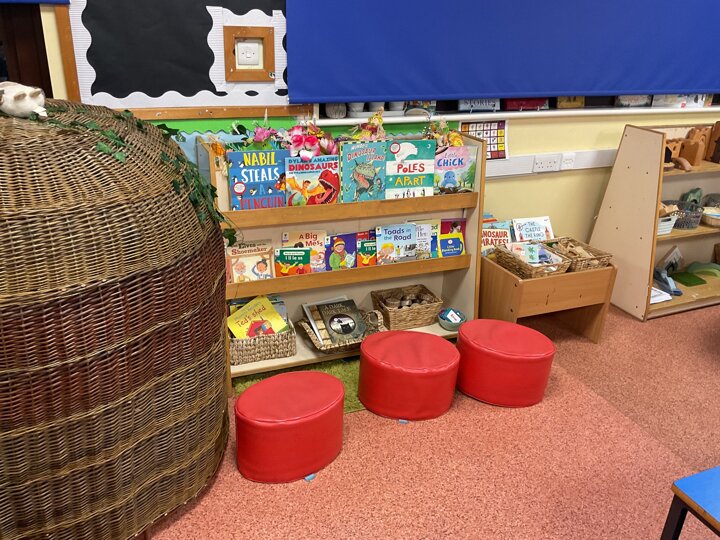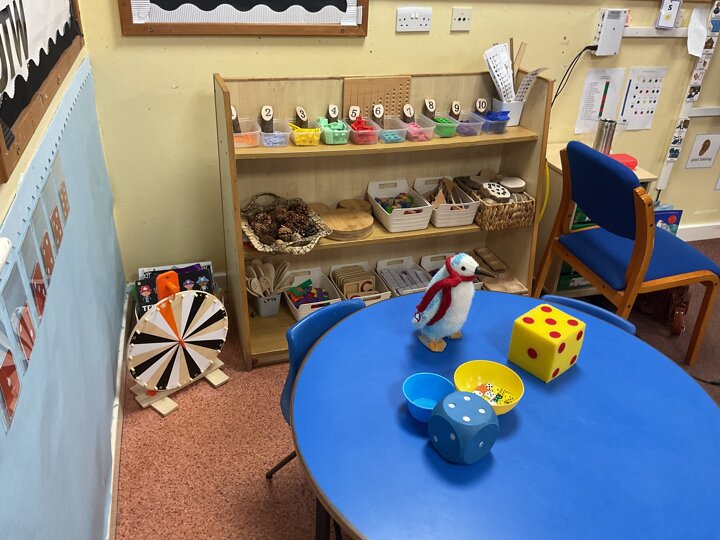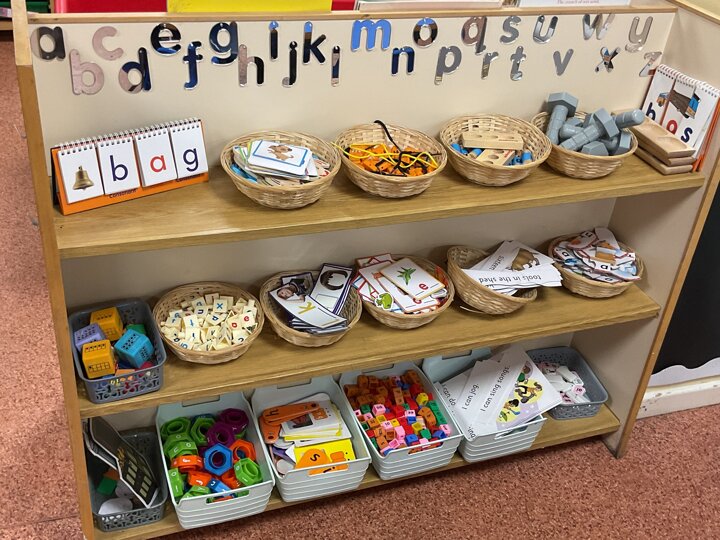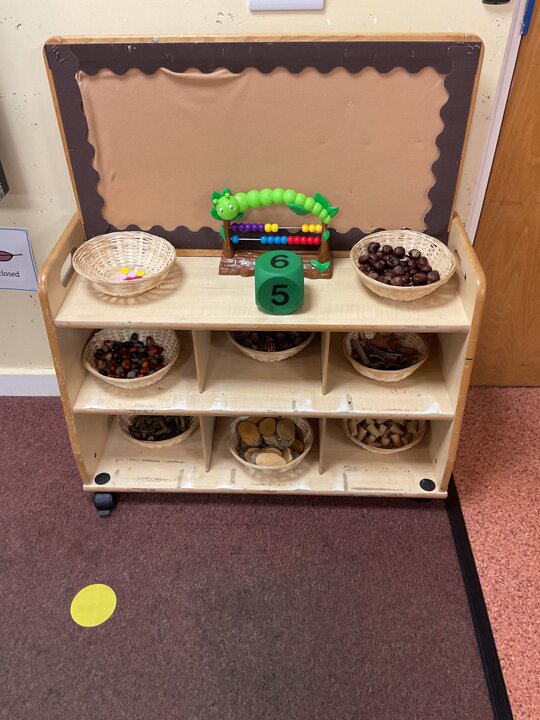At Endeavour Academy we carefully design, plan and implement a curriculum which provides breadth, balance and depth of learning for every pupil. Careful reflection and discussion about our pupils’ backgrounds, life experiences and culture has helped us to design a full and rich curriculum underpinned by three key priorities: Aspirations, Initiative and the Whole child. For our pupils in the early years this means:
- Aspirations – hearing and accessing a wide range of story and nursery rhymes to enable our learners to develop a rich vocabulary, open up opportunities for learning and diminish the word and language gap and its impact; enjoy school and be enthused and motivated to attend; be prepared and ready for the next stage of their learning journey in KS1
- Initiative – develop independence and responsibility in our learners through the clear structures and routines in place in Nursery and Reception; develop good learning behaviours through these structures and routines that prepare the children well for learning in KS1 and beyond.
- Whole child - provide learning and real life experiences which ensure that our children benefit from a full range of academic, spiritual, moral, social and cultural activities
Our Early Years Foundation Stage (EYFS) staff are passionate about early childhood development and education. Our approach to delivering the statutory EYFS curriculum is to balance formal, teacher led input with opportunities for pupils to extend and embed their learning in an ‘Independent Learning’ context through a thematic approach.
During the teacher led sessions, children work with an adult to complete activities set at an appropriate level for their ability. During independent learning time, children are encouraged to explore different learning areas both indoors and outdoors, where activities are set up for them to access without direct adult teaching.
The Early Years Foundation Stage framework specifies the requirement for learning and development in the Early Years and provides specific areas of learning we must cover in our curriculum. These areas are:
- Personal, Social and Emotional Development: Managing Self, Bulding Relationships & Self-Regulation
- Physical Development: Fine Motor Skills & Gross Motor Skills
- Communication and Language development: Listening & Understanding, Speaking
- Literacy: Word Reading, Comprehension & Writing
- Mathematics: Number & Numerical Patterns
- Understanding the World: Past & Present, The Natural World & People, Culture & Communities
- Expressive Arts and Design: Creating with Materials & Being Imaginative & Expressive
The prime areas of Physical Development, Communication and Language and Personal, Social and Emotional Development are embedded and developed in every part of school life including in the classroom, during assemblies, and in the dinner hall. All adults in the school are trained to encourage pupils’ development in these areas during any interaction throughout the school day.
The specific areas of Word Reading, Comprehension, Writing, Number & Numerical Patterns are taught relatively formally through teacher led input. In September, this starts with short sessions and builds up to longer sessions as the year progresses .Children in EY & KS1 learn Phonics through Floppy's Phonics sessions, which follow a 2-part lesson structure that enable fast & rapid progress within Early Reading.
Where children have gaps in learning, staff work closely with them through diminish the difference and stretch and challenge interventions to close those gaps and improve ability and confidence for all children.
The 2021 Curriculum updates for EYFS allow children in Nursery & Reception to access more Foundation Subjects. Children will study Historical Enquiry questions such as 'Why do people wear poppies in November?' and 'Is that picture from the past or present?' as well as developing knowledge of Science, with foci on seasonal changes, materials and life cycles being amongst experiences planned in. Each half term, children in EY study a topic in depth, with explicit links to all foundation subjects being planned and sequenced. Children in Reception will also participate within weekly Art, R.E. Music & Computing Sessions.
If you would like to know more about the curriculum your child is following, please speak with your child’s class teacher who will be happy to give you further information.
Parents
Early Reading
